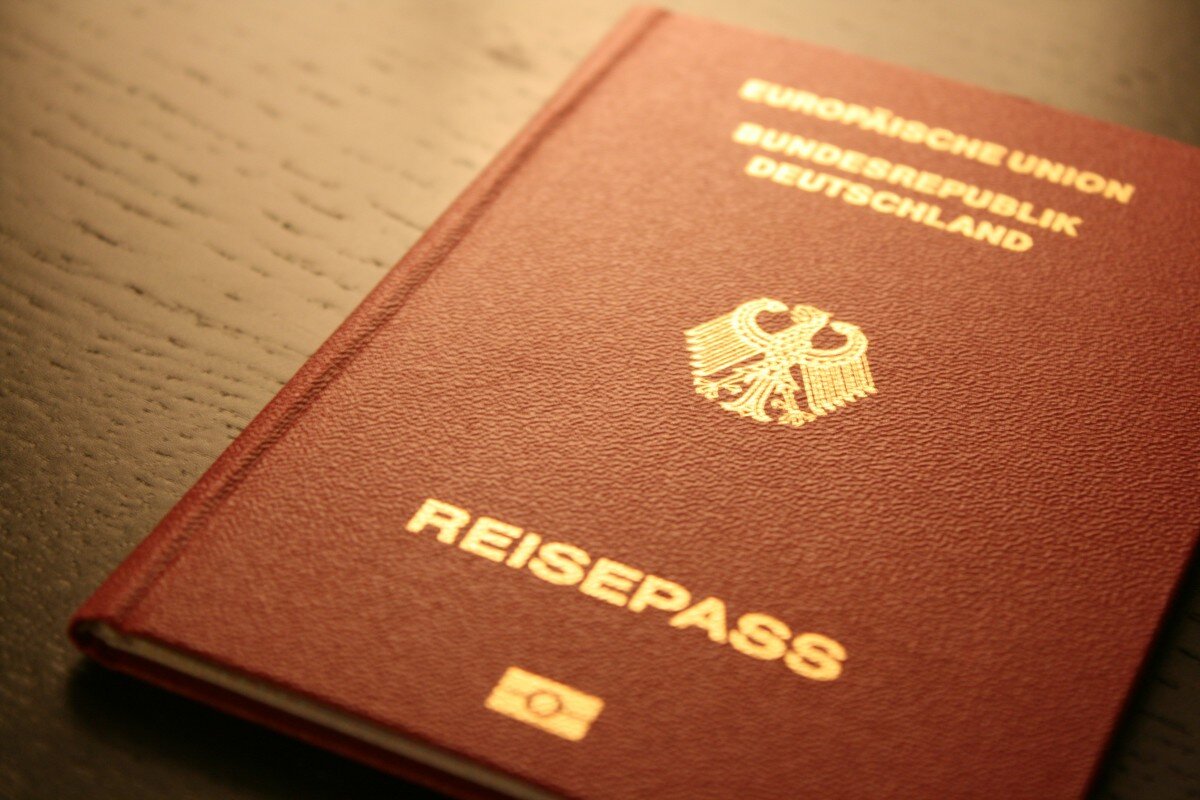The German parliament has passed a law to simplify the process of acquiring German citizenship. Berlin aims to attract more legal immigrants to address the shortage of skilled workers, as reported by the Financial Times.
According to the law, approved with 382 votes in favor and 234 against, foreigners can apply for citizenship after five years of legal residence in Germany. Previously, the requirement was to live in the country for eight years. Those who make special efforts towards integration, such as learning the German language or engaging in volunteering, can apply for citizenship in just three years. Additionally, this law lifts the ban on dual citizenship for individuals from non-EU countries.
The adoption of this law sets Germany apart from other European countries, which are, on the contrary, tightening naturalization criteria for immigrants. For instance, the French parliament passed a law last month stating that children born in France to immigrant parents will no longer automatically receive citizenship and must apply for it at the age of 16-18.
Sweden is the easiest EU member country to obtain citizenship, followed by the Netherlands, Portugal, and Iceland for people from non-EU countries.










